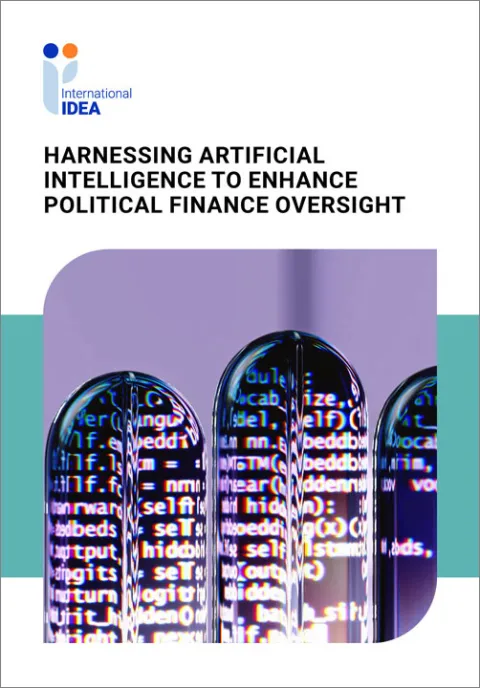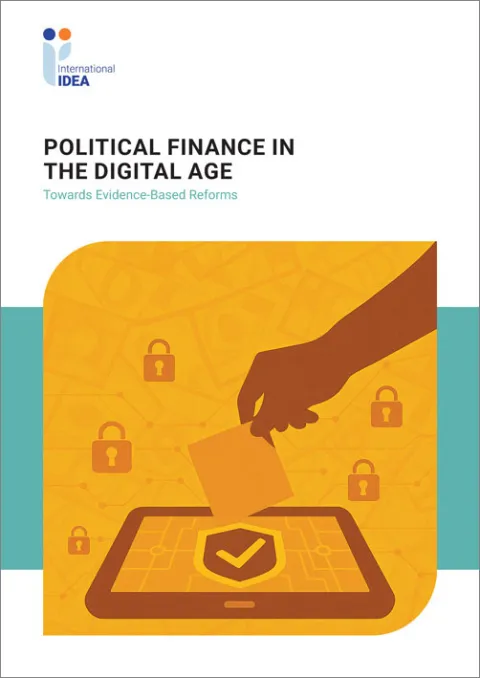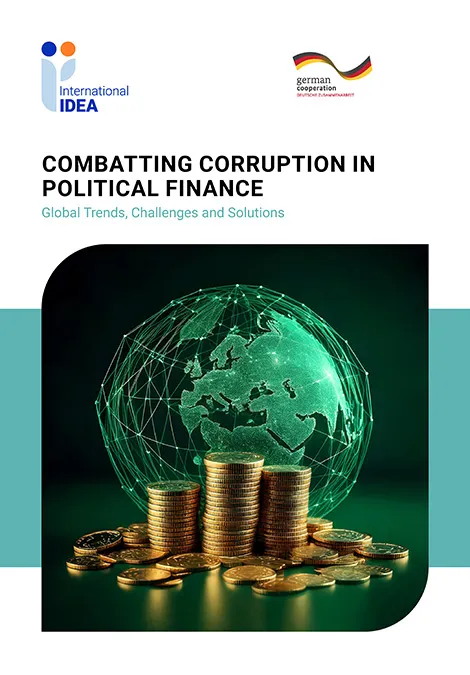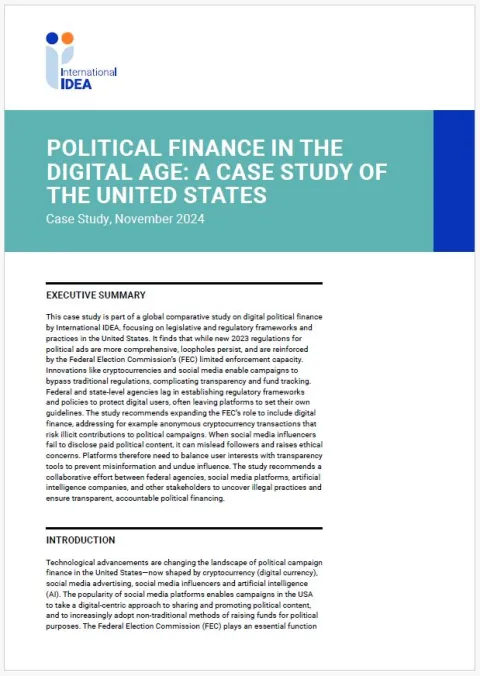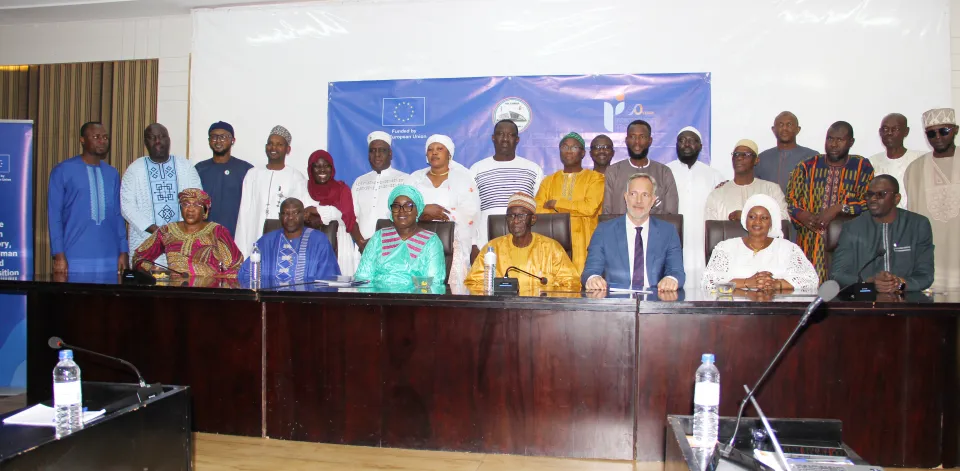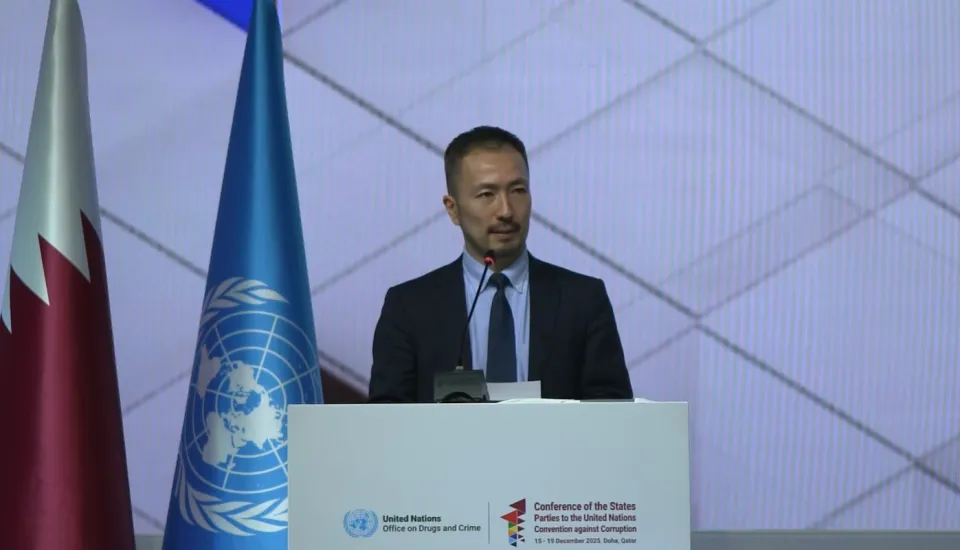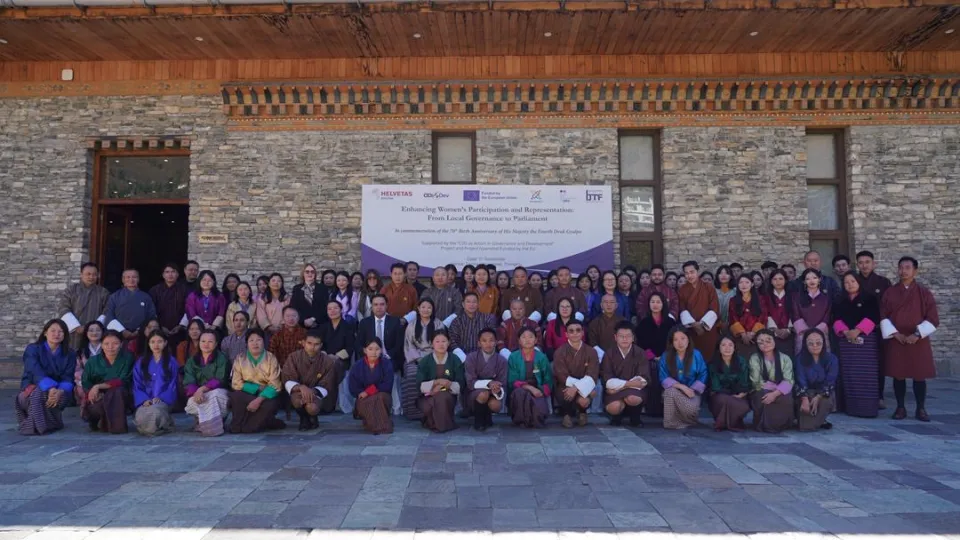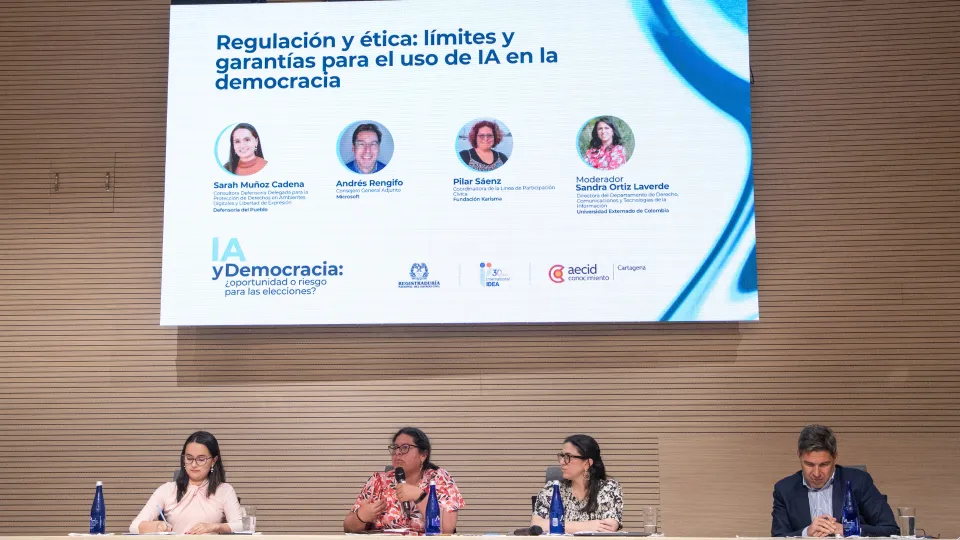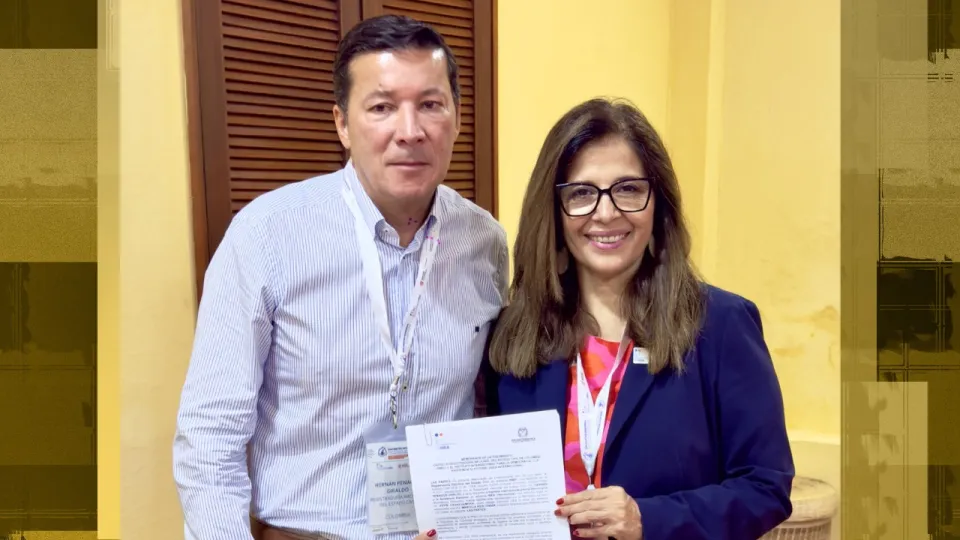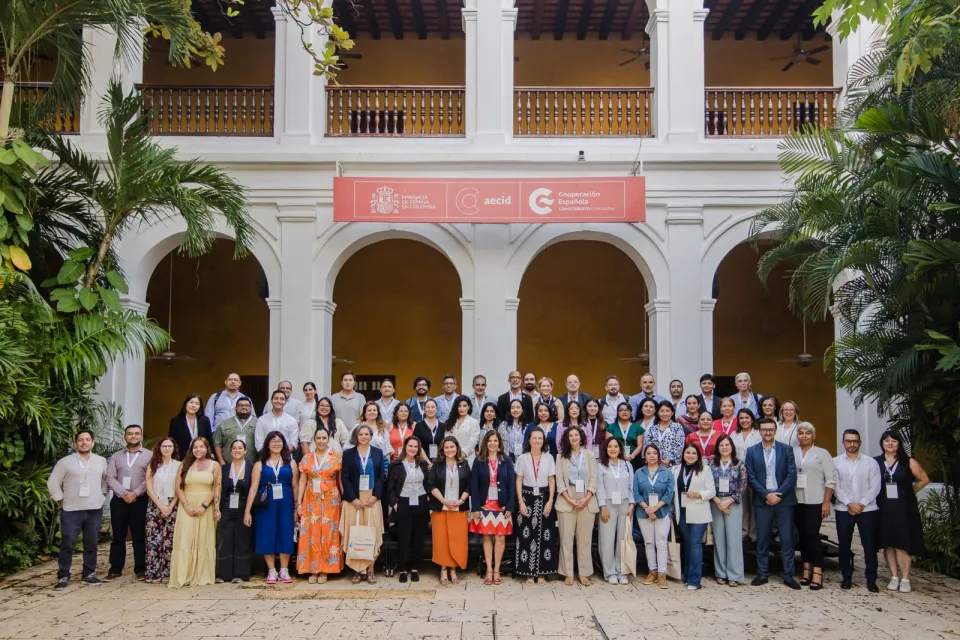Political finance and the equal participation of women in Colombia: a situation analysis
The impact of economic resources on the political participation of women has become a prominent issue in the field of comparative political finance.
In recent years, there has been a growing recognition that politics dominated by money is, more often than not, politics dominated by men. It is not surprising that the issue has moved to the forefront of debates on gender and political finance.
This report assesses the extent to which political finance is a significant obstacle to women running for political office. It focuses on the experience of Colombia, a country that, like many other Latin American countries, continues to struggle with the legacies of pervasive social, economic and political inequality that disproportionately affect women.
It explores the role of political finance in hindering women’s access to political power and its relative weight with respect to other obstacles to women’s political participation. It also suggests a number of institutional changes that might ameliorate some of the problems identified, while being fully cognizant of the limits to institutional change recasting deep-rooted gender imbalances.
Details
Staff author
Related databases & tools
Contents
Factsheet: Women's access to political finance: insights from Colombia, Kenya and Tunisia
Acknowledgements
Abbreviations
Introduction
1. Colombia’s political institutions and development
2. Political finance in Colombia: rules and practice
3. Women’s political participation in Colombia
4. Political finance and other hurdles facing women
Conclusion and recommendations
References
Annex
Give us feedback
Do you have a question or feedback about this publication? Leave us your feedback, and we’ll get back to you
Send feedbackPolitical finance and the equal participation of women in Colombia: a situation analysis
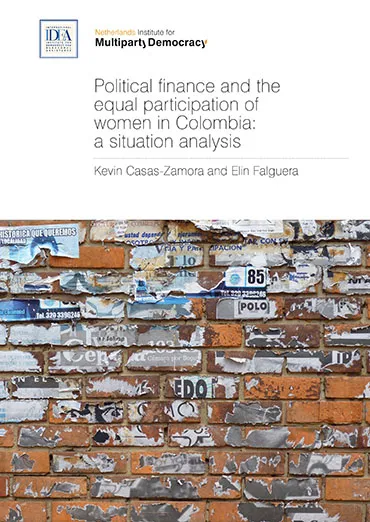
| Total views | 9626 |
|---|---|
| Downloads | 29 |
| Rating |
Staff author
Related databases & tools
Give us feedback
Do you have a question or feedback about this publication? Leave us your feedback, and we’ll get back to you
Send feedback


